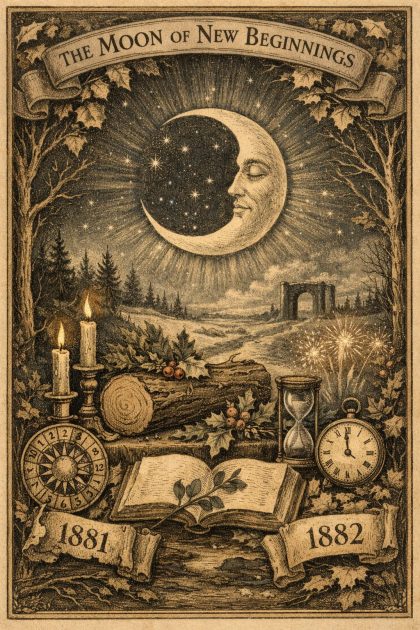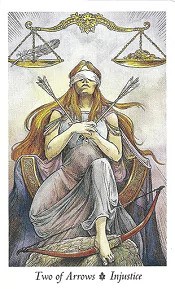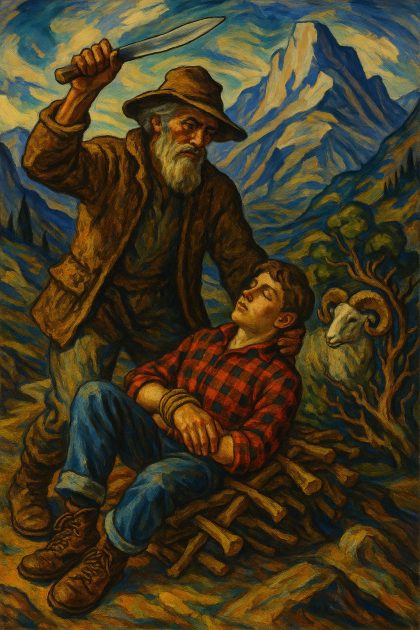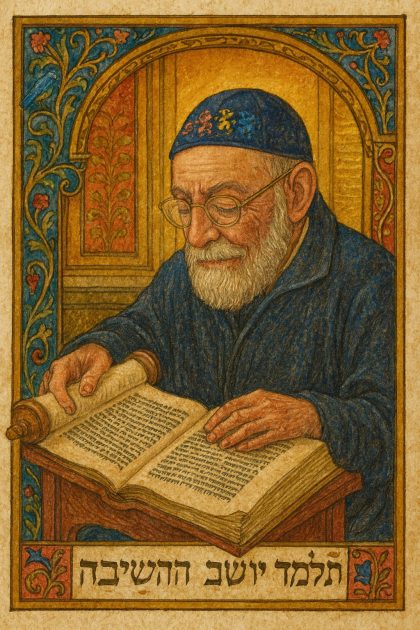 Yule and the Moon of New Beginnings
Yule and the Moon of New Beginnings
Tuesday gratefuls: Shadowy kisses across my pillow. Vince as snowplower. Tom’s enucleation. That wooden bowl. Ruth’s wrist. American Beauty, Gabe and mine’s favorite Dead album. Mary in the upside down. Star Trek: Discovery. Yale Program for the Study of Anti-Semitism. T2V: Terrorism and Targeted Violence. C-REX, center for research on extremism.
Sparks of Joy and Awe: Facts
Life Kavannah: Wu Wei Shadow, my Wu Wei mistress
Year Kavannah: Creativity. Yetziratiut. “Inspiration exists, but it has to find you working.” ― Pablo Picasso
Week Kavannah: Wholeness. Shleimut. “The concept of shleimut extends beyond the individual, applying to relationships (finding a life partner with whom one feels complete) and the community (mending societal cracks to achieve collective creativity and flourishing).”
Tarot: Two o f Arrows, Injustice
f Arrows, Injustice
“False conclusions and unjust decisions, based on disinformation and motivated by fear, greed, and prejudice, can cause innumerable problems. Either mistakenly or deliberately distributed to pervert the course of natural justice and the revelation of the facts by those who fear the truth and wish to manipulate the situation for personal control or gain, this propaganda will not survive honest, wise, and impartial scrutiny.” Parting the Mists
One brief shining: Ana came cleaning, portable vacuum on her back, two twisted kleenex in each box, toilet paper folded to a point, careful dusting, a big smile, so many years now and we barely know each other since I’m gone when she comes, but, not yesterda;, not Kate’s way who got to know housecleaners as friends, me I prefer not to be home.
Funny how things come to you. Sometimes slowly. So slowly. Other times, sudden burst of insight. The stimulus can be Proust’s madeleine, or Leo Strauss’s desire to hunt down the esoteric message in classical texts of political philosophy.
In my ongoing pursuit to understand the true nature of forces opposing my own world view, a significant number of roads lead to Leo Strauss. You may not have heard of this twentieth century political philosopher. He influenced many far right intellectuals (no, that’s not an oxymoron) with his insistence that the roots of political philosophy be found in classic texts of Plato, Aristotle, Machiavelli, and others.
He and his students sought permanent things, or things in human nature that persist from age to age and effect us in the political sphere. “By “the Permanent Things” [T. S. Eliot] meant those elements in the human condition that give us our nature, without which we are as the beasts that perish.” The Imaginative Conservative.
When I read that Strauss insisted his students seek an esoteric or hidden layer of meaning in classical texts, my mind went immediately to the kabbalists. They look for occult meanings in the Torah.
Sure enough, the Straussian method could be applied to Torah study and undoubtedly has been. I offer this not strictly for how it ties conservative thought to the methods of the kabbalists, but mostly for its illumination of the inner world’s mysterious ability to sharpen our awareness in unexpected, intuitive ways.













